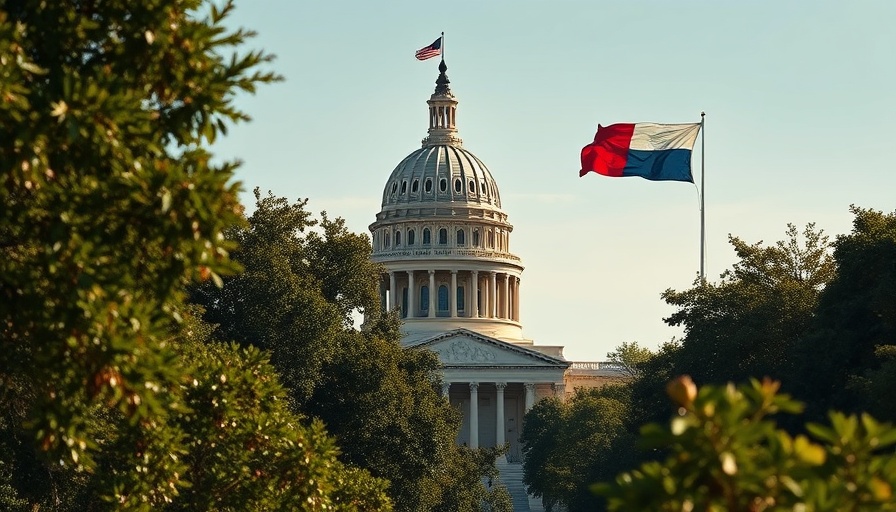
Texas Economy Experiences a Shift: What This Means for Residents
In a surprising turn of events, Texas has seen a decline in its economic ranking, slipping four spots and landing at 8th place among the best state economies for 2025. This downturn raises significant questions about the long-term health of the Texas economy. Texas has enjoyed a reputation as an economic powerhouse, largely due to its diverse industries ranging from energy to technology. However, recent developments suggest that this trend may be facing challenges.
The Catalyst for Change: Factors Behind the Texas Economic Decline
Several factors contribute to this recent slip. Experts point to a combination of a slowing job market, rising inflation rates, and disruption in the global supply chain as key elements affecting the state’s economic performance. As businesses across the state navigate these turbulent waters, economists are urging both residents and policymakers to rethink strategies to mitigate these impacts. The booming tech sector, which offered unprecedented growth, appears to be facing a more competitive landscape both nationally and internationally.
Implications for Local Communities: The Ripple Effect
The economic dip does not only affect the macro scale—local communities are feeling the impact as well. A decrease in available jobs can lead to financial strain on families and contribute to increased uncertainty in household spending. With the upcoming Father's Day, for example, local restaurants and retailers may feel the pinch as consumers tighten their belts. Upcoming events, such as the Red River Cultural District's Hot Summer Nights festival, may also be affected as people adjust their discretionary spending. These changes highlight the interconnectedness of the economy and community events.
Revitalizing Austin: Opportunities Amidst Challenges
Even with the economic downturn, Austin remains a vibrant city with exciting developments on the horizon. The renovation of the Hyatt Regency Austin, slated for completion in September 2025, promises not only modernized facilities but also a new dining experience at the restaurant Ripple & Roots. Such investments indicate a strong belief in the city’s potential for recovery and growth, which can inspire optimism among residents.
The Resilience of Austin’s Community
In addition to economic focusing, local events like the free summer music festival are also taking off, reflecting the city's strong community spirit. By engaging in these events, residents find opportunities for connection and joy, proving the resilience of Austin’s culture.
Moreover, with fresh upgrades to Givens Pool, which has been a local favorite for nearly 70 years, the community is reminded of the importance of recreational spaces, particularly in challenging times.
Looking Ahead: Predictions and Strategies
As we consider the future, the question remains: How can Texas rebound from this economic slip? Analysts suggest focusing efforts on education and workforce development to better equip residents for the jobs of tomorrow. Policymakers and community leaders must collaborate to foster an environment that encourages innovation and supports local businesses. With strategic planning, there is hope that Texas will not only regain its former standing but potentially emerge stronger than before.
Conclusion: The Call for Engagement
As we navigate these economic changes, it’s crucial for residents to remain engaged and proactive in shaping their community. Attend local events, support small businesses, and advocate for policies that bolster economic growth. By doing so, you not only contribute to the local ecosystem but also help ensure a more prosperous future for Austin.
 Add Row
Add Row  Add
Add 



Write A Comment